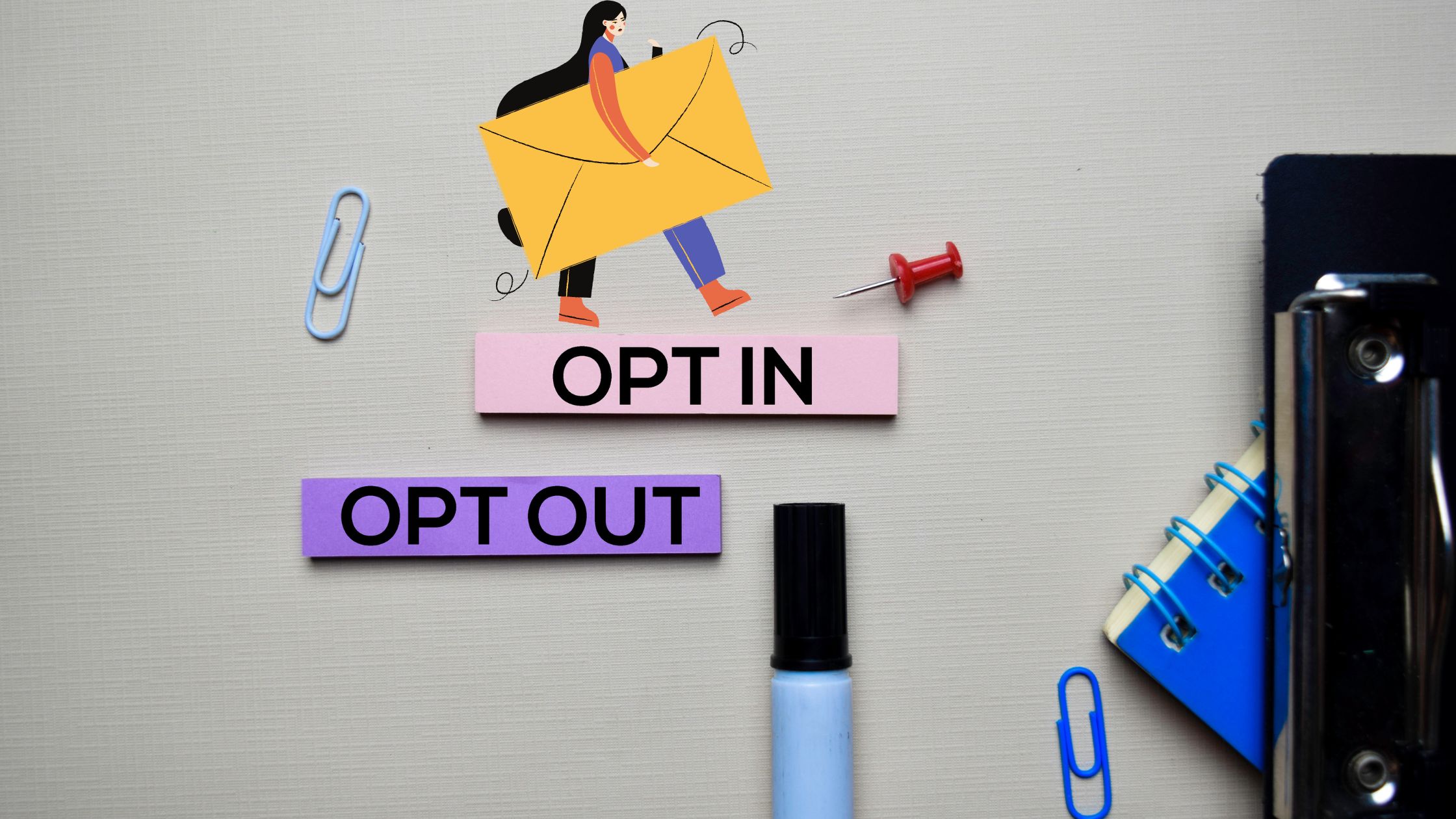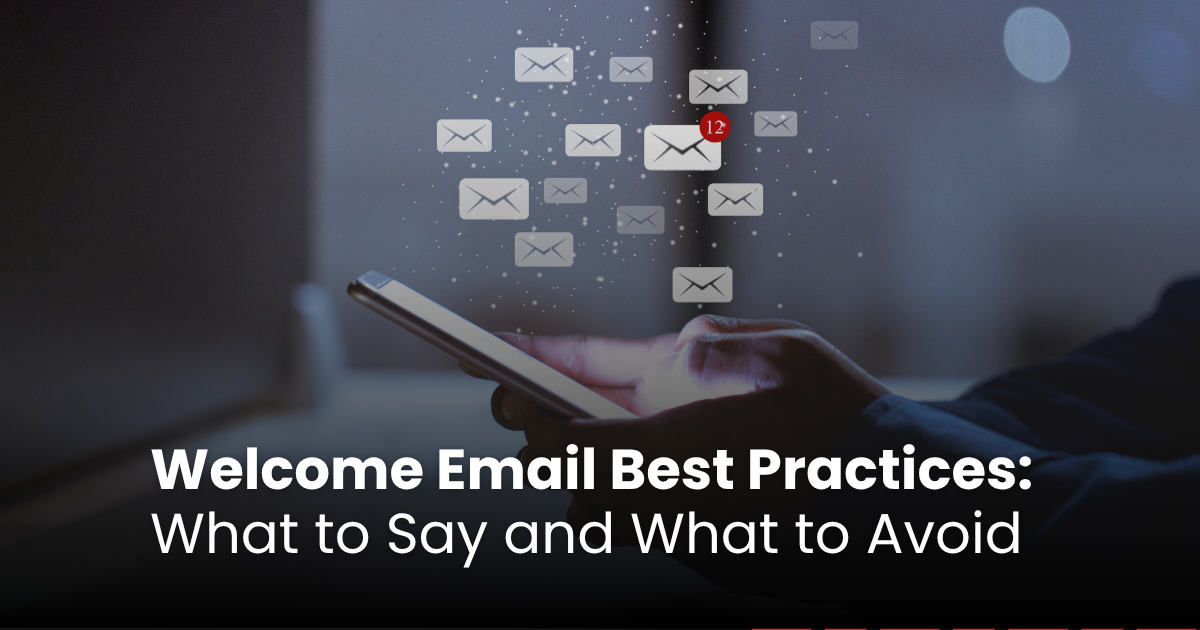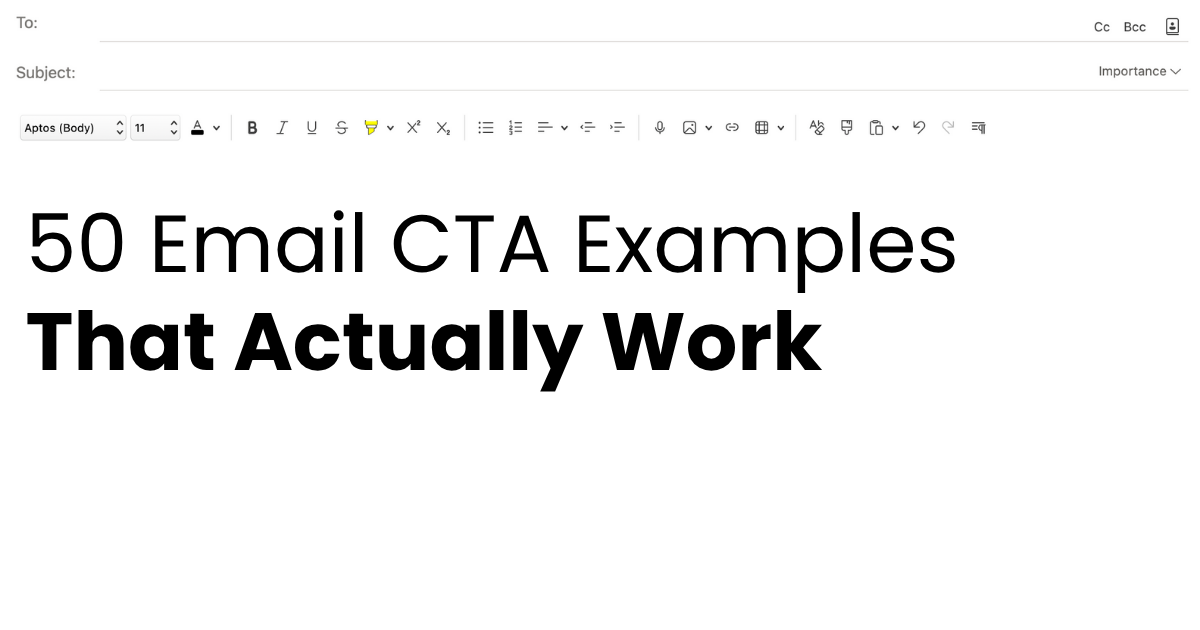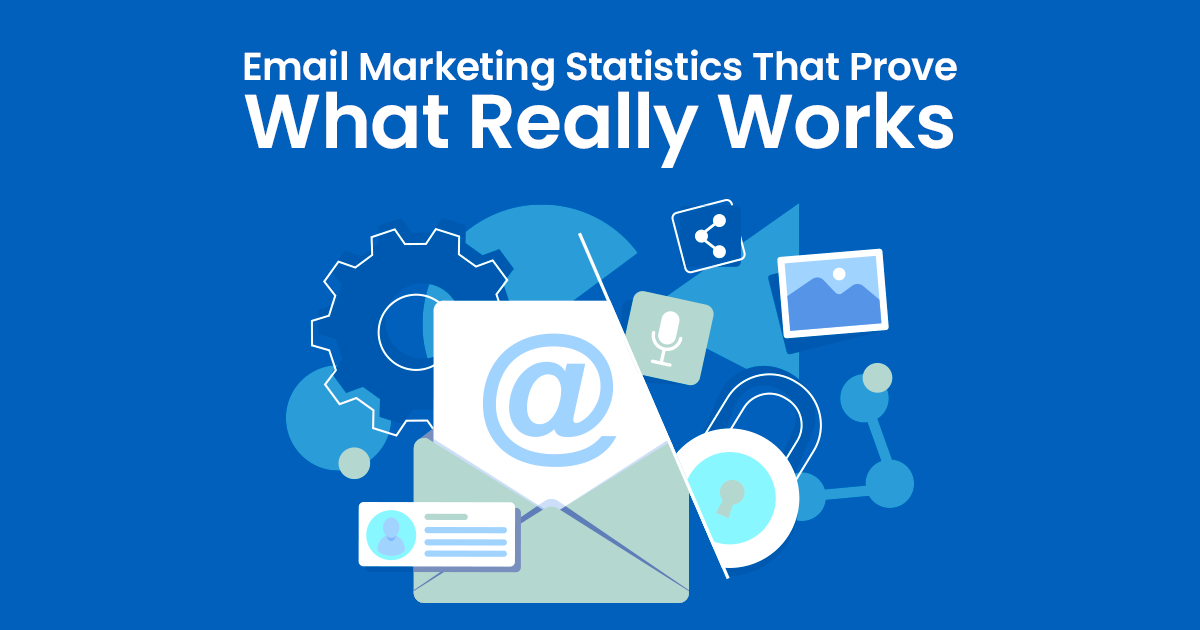In email marketing, terms like “soft opt in” often float around, yet not everyone grasps their full significance.
So, what exactly is a soft opt-in?
How does it differ from its counterpart, the hard opt-in?
Why is it important for your marketing in light of GDPR and PECR regulations?
Let’s dive into the world of soft opt-ins and decode the mysteries surrounding this soft concept.
What is Soft Opt In?
Soft opt-in refers to a scenario where a business can send marketing communications to customers without their explicit consent, provided certain conditions are met.
This concept is often juxtaposed with the hard opt-in, where explicit consent is mandatory.
But don’t let the term “soft” mislead you—compliance with soft opt-in rules is stringent and vital.
When Does Soft Opt-In Apply to Your Email Marketing Campaign?
Soft opt-in applies to your email marketing campaign when you want to reach out to individuals who have already interacted with your business.
This interaction could include previous purchases, inquiries about your products or services, or other forms of engagement.
Under soft opt-in, you can send marketing emails related to similar products or services without needing explicit consent, as long as you provide a clear and easy opt-out option in each communication.
What is an existing customer for your email marketing campaign?
Soft Opt In Marketing
The Privacy and Electronic Communications Regulations (PECR) and the General Data Protection Regulation (GDPR) are two frameworks governing soft opt-ins.
While GDPR focuses broadly on data protection across the EU, PECR addresses electronic communications, including emails and texts. Understanding these regulations is important for lawful marketing.
PECR Soft Opt In/ICO Soft Opt in
PECR sets out specific conditions under which businesses can use soft opt-ins.
It’s about balancing the convenience of marketing with respect for privacy.
If a customer has bought something from you or shown interest in your products or services, you can send them marketing messages related to similar products or services.
GDPR Soft Opt In
While GDPR emphasizes explicit consent, it does acknowledge soft opt-ins in certain contexts, provided that data protection principles are respected.
This includes ensuring transparency and giving customers an easy way to opt out.
The Importance of Soft Opt In Email Marketing
Customer Relationships
Soft opt-in email marketing allows businesses to maintain and scale relationships with their customers.
It enables a follow-up on previous interactions, making the marketing experience more personalized and less intrusive.
Boosting Engagement Rates
Marketing to an audience that has already shown interest in your products or services results in higher engagement rates.
Soft opt-ins can lead to more open rates, click-throughs, and conversions.
Compliance and Trust
Operating within the boundaries of soft opt in GDPR and soft opt in ICO builds trust with your audience.
Customers are more likely to engage with your communications if they know their data is being handled responsibly.
Soft Opt In Examples
Consider a customer who purchases a laptop from your online store.
Following the purchase, you can send them emails about accessories for their laptop, software updates, or maintenance tips.
This approach keeps the customer engaged and informed about related products.
Soft Opt In VS Hard Opt In
Key Differences
Consent Requirement
Hard opt-in requires explicit consent, while soft opt-in does not, provided certain conditions are met.
Flexibility
Soft opt-in offers more flexibility in customer communications for ongoing relationships.
Regulatory Compliance
Both require adherence to GDPR, but soft opt-in must also comply with PECR specifics.
When to Use Each
Use hard opt-in for new customers or when introducing entirely new products or services.
Soft opt-in is more suitable for existing customers and related product recommendations.
Implementing Soft Opt In PECR on Email Marketing
Transparency
Clearly inform customers at the point of data collection that they will receive marketing messages.
Relevance
Ensure that the marketing messages are related to the products or services the customer has shown interest in.
Opt-Out Mechanism
Always provide an easy and accessible way for customers to opt out of receiving further communications.
GDPR and Soft Opt In – Common Misconceptions
“Soft opt-in is less secure”
This is not true if proper data protection measures are in place.
“Soft opt-in means spamming customers”
Soft opt-in respects customer preferences and encourage relevant communication.
Soft Opt In and GDPR – Conclusion
Soft opt-in is an important framework in the marketer’s book, allow meaningful engagement without infringing on privacy.
By understanding and adhering to soft opt in under GDPR guidelines, businesses can leverage soft opt-ins to foster trust in customer relationships, and drive engagement.
FAQs
What is Soft Opt In Meaning?
Soft opt-in refers to a practice where businesses can send marketing communications to customers without explicit consent, provided the customer has shown interest in similar products or services and is given an easy opt-out option.
How Does PECR Relate to Soft Opt-In?
PECR outlines the conditions under which soft opt-in is permissible, emphasizing customer consent and the relevance of marketing messages.
Can Soft Opt-In Comply with GDPR?
Yes, soft opt-in can comply with GDPR as long as businesses ensure transparency, provide opt-out options, and respect data protection principles.
Is Opt-Out Marketing Illegal in 2024?
Opt-out marketing is not illegal in 2024, but it must comply with regulations like GDPR and PECR.
This means businesses must provide clear, easy-to-use opt-out options and encourage transparency about data usage and marketing practices.
What is an Example of Opt-in Consent for Startups and SMEs?
An example of opt-in consent for startups and SMEs is a checkbox on a signup form that users must actively tick to receive newsletters or promotional emails.
This checkbox should be unchecked by default, in compliance with GDPR.
Relevant Guides
How Much to Charge for Email Marketing Freelance
How Can Email Marketing Fuel Your Overall Inbound Strategy
Is Email Marketing the Same as Email Copywriting
What is the Average Click Rate for Email Marketing






